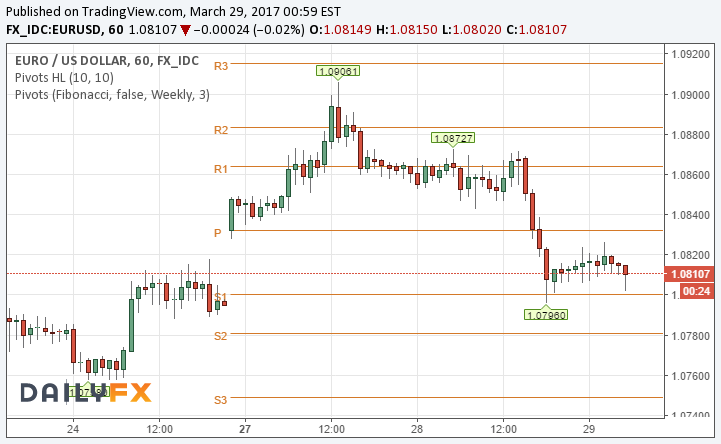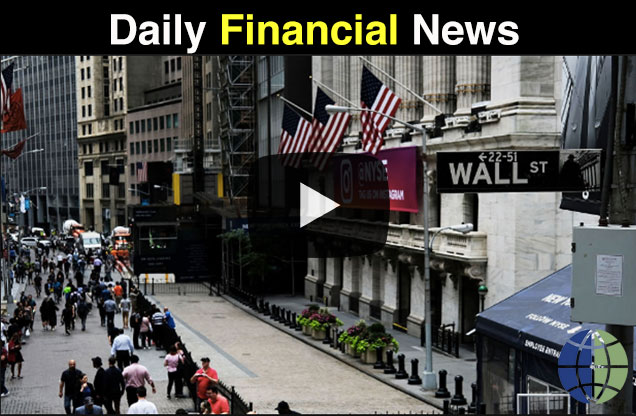Most traders start out with high hopes and dreams of quick wealth, but this becomes tempered along the way. Expectations are usually adjusted as a trader develops a strategy and gains experience. Here are few ideas traders may want to consider or reconsider when developing or rethinking a trading strategy:
Listen to Everyone, but Trust Yourself
Always a good idea to learn from others, but at the end of the day, the individual trader must believe in his own method. As long as a trader is constantly refreshing and updating his or her information as well as the sources then they will eventually figure it all out. Each of us brings something to the table, and have our own edge. We only need to recognize it, develop it, nurture it, and believe in it. Combine this with constant research, testing, evaluation, and analysis. Not every strategy fundamental or technical will work or work for us. Trading is always more art than science.
Follow your Mentors and Heroes
Have one, two or several. Legendary investor Warren Buffet looked up to Benjamin Graham, who enjoys godlike status as a value investor. Peter Lynch of Fidelity looked up to both and learned all he could about them. This formed the foundation of his philosophy and laid the groundwork for millions of equities investors, as well professional fund managers. Timothy Morge of Blackstone Capital was mentored by legendary trader Bruce Kovner. Bottom line; It pays to have teachers and role models.
Some people cannot fathom or tolerate being in the apprentice role. Often, their egos aren’t able to withstand directions from others. The dynamic Ray Kroc had a healthy ego, be he was more than willing. The founder of McDonald’s said he always hired those who were smarter than himself. These were people whom he could look up to, respect, admire, and learn from. It saved him time and grief, and he gained valuable insights into the food business, which he eventually revolutionized.
Mind over matter…but mind BEFORE matter too
Too much analysis may lead to paralysis, but too little leads to ruin. Traders must do their homework before they go to market. Too often, traders don’t see all the ramifications of their strategies and methods until it is too late.
Keep Your Daily Routine
The amount of time that can be dedicated to trading will likely determine what kind of strategy a trader will employ. Those with limited time each day will not become intra-day traders. They will likely focus on longer term trades, while those who have time to watch charts will generally want to trade as they are doing it.
Comfort Level
A strategy must match not only the level of capital a trader possesses but also what method of trading they are most comfortable with. While it does help to reach beyond our personal level of comfort and push the envelope on occasion, it is not something we want to do on a regular basis. Trading is one of the most stressful activities one can engage in, and if we are doing it on a daily basis, we need to find the strategy most compatible with our nature.
Risk Capital
The amount we can afford to risk trading should always be an amount we can afford to lose. In some ways, a trader is like a soldier who has a rifle but is only issued a limited amount of bullets. Lesson to traders; use your ammo wisely and make every shot count. A very wise and experienced trader at an investment bank in New York once said to me, “It’s OK to miss a trade. Not OK to mess a trade.”
Trade Objectives
If the trading strategy is the road map, the objectives are the destination. Got to know where we are going before determining the best way to get there. What are the monetary goals? Are they realistic? Is our trading method objective and does it conform to current market conditions? How long will it realistically take to achieve our goals? What kind of reasonable return on our capital investment can we expect? Are we patient enough for a particular strategy? Should we set daily or weekly profit and/or pip targets? Many traders-even intraday or swing traders will not set short-term goals. They look towards months or quarters. This is done to avoid undue pressure and stress which might cause trading errors or overtrading.
Test and Application
There are literally thousands of strategies for trading. Most don’t work over the long term and are merely snapshots of the times they did. The only way to know is by testing and evaluation. Of course, we cannot evaluate all of them, but we can weed out the most obvious “no go” strategies. These are the ones that do not conform to realistic expectations about ourselves or the markets. The old expression “if it’s too good to be true, then it probably is,” applies.
Don’t Marry Trades
At the end of the trading day, session, or after a trade has closed in profit or as a result of stop loss, walk away. Mentally, and especially emotionally. You don’t want to take it to bed with you. There’s always another trade and another day to trade. Indeed, the ability to walk away and focus on the next task or trade will enhance our edge in the markets.
Keep Track
Many traders write down all of their trades or what their thoughts, strategies, and objectives were. Some will use Excel spreadsheets to record detailed data for each trade, while scalpers generally will not. For most traders, it’s a good idea to keep a journal rather than a log book, either old fashioned pen, and paper, or electronic. Ideas and knowledge often come from the strangest places, and at the most inconvenient times, and it is always helpful to have something to refer to.


